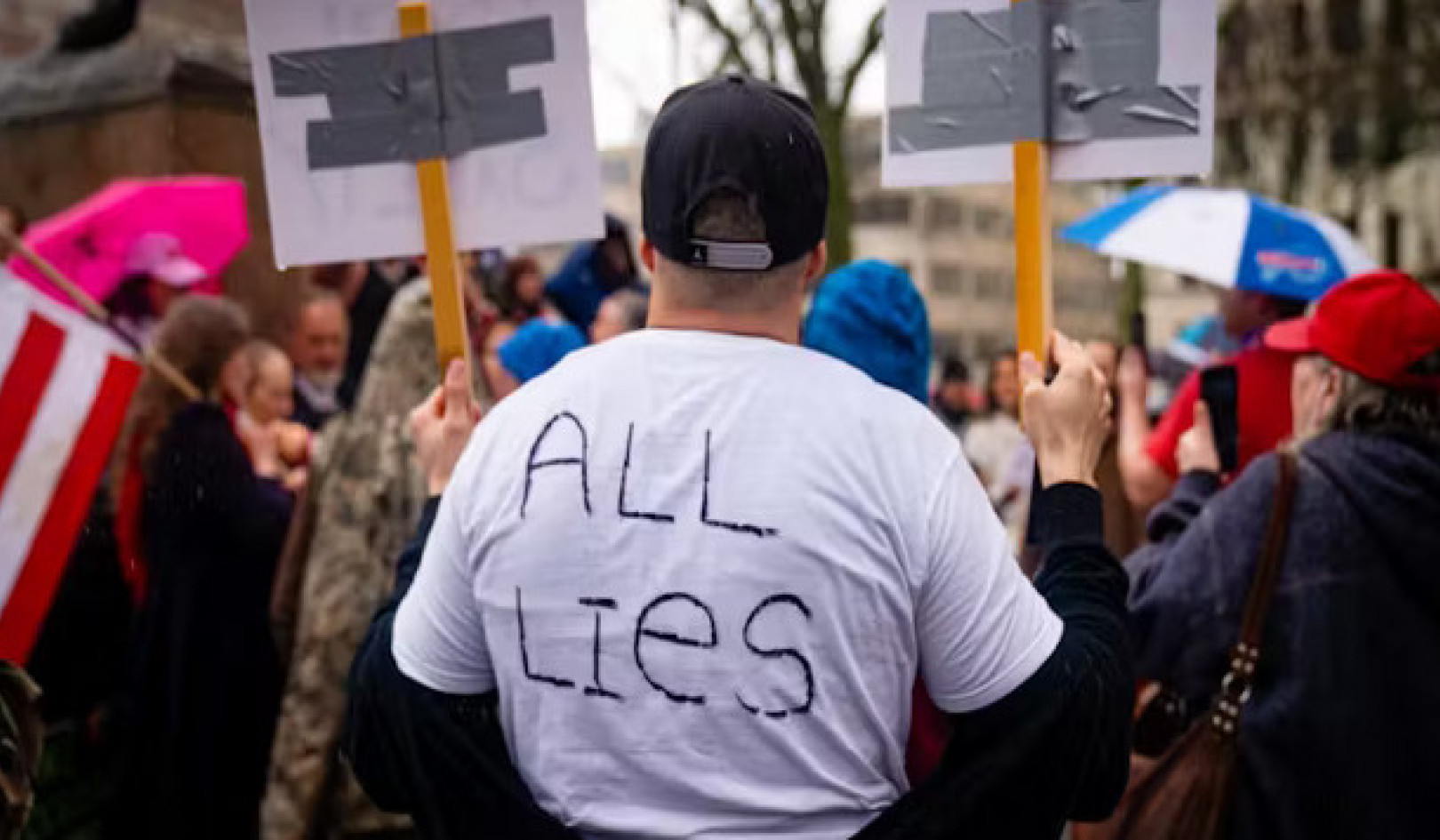
How Norway and Sweden Became Exceptional Norway and Sweden - When one speaks of exceptionalism among countries, it's hard not to bring up Norway and Sweden. They seem to have answered "The Question": Who does government serve?
In this article by George Lakey, the author explains how nonviolent direct action rather than electoral democracy was needed in Norway and Sweden to make what the latest CIA World Factbook calls "an enviable standard of living".
How Swedes and Norwegians Broke the Power of the ‘1 Percent’
Alternet.org
 Scandinavian workers realized that, electoral “democracy” was stacked against them, so nonviolent direct action was needed to exert the power for change.
Scandinavian workers realized that, electoral “democracy” was stacked against them, so nonviolent direct action was needed to exert the power for change.
While many of us are working to ensure that the Occupy movement will have a lasting impact, it’s worthwhile to consider other countries where masses of people succeeded in nonviolently bringing about a high degree of democracy and economic justice. Sweden and Norway, for example, both experienced a major power shift in the 1930s after prolonged nonviolent struggle. They “fired” the top 1 percent of people who set the direction for society and created the basis for something different.
Both countries had a history of horrendous poverty. When the 1 percent was in charge, hundreds of thousands of people emigrated to avoid starvation. Under the leadership of the working class, however, both countries built robust and successful economies that nearly eliminated poverty, expanded free university education, abolished slums, provided excellent health care available to all as a matter of right and created a system of full employment. Unlike the Norwegians, the Swedes didn’t find oil, but that didn’t stop them from building what the latest CIA World Factbook calls “an enviable standard of living.”
About The Author
George Lakey is Visiting Professor at Swarthmore College and a Quaker. He has led 1,500 workshops on five continents and led activist projects on local, national, and international levels. Among many other books and articles, he is author of “Strategizing for a Living Revolution” in David Solnit’s book Globalize Liberation (City Lights, 2004). His first arrest was for a civil rights sit-in and most recent was with Earth Quaker Action Team while protesting mountain top removal coal mining.


























